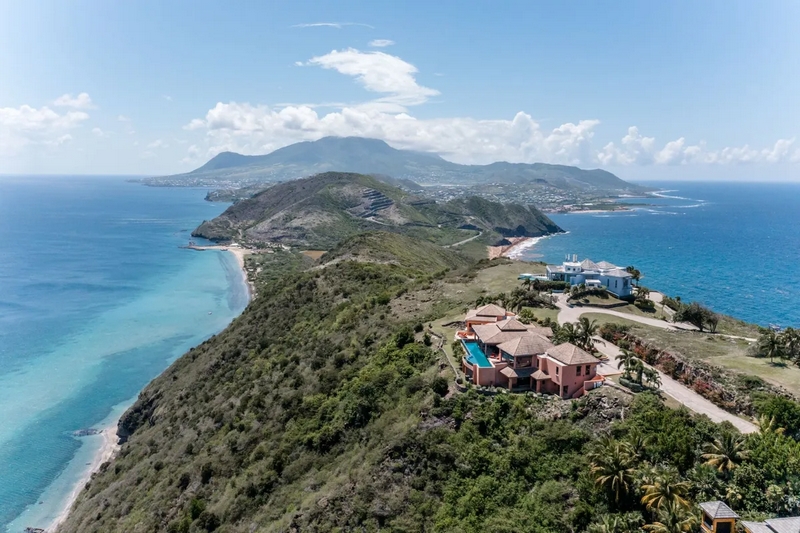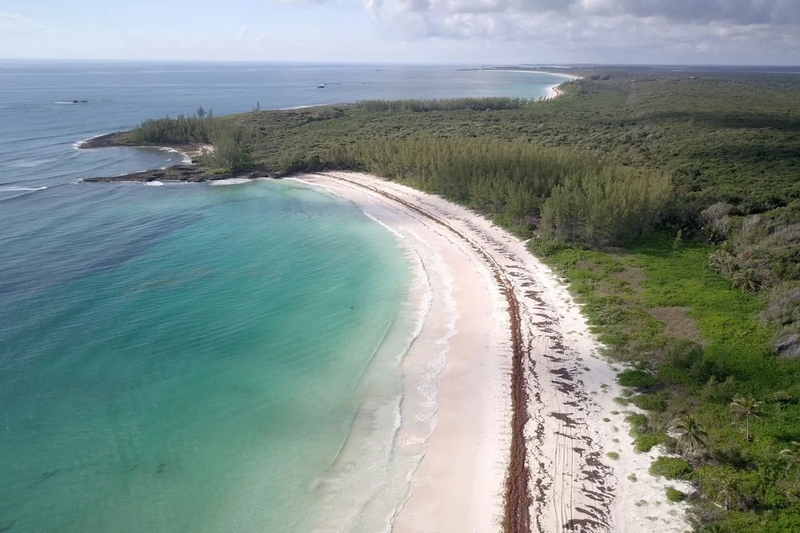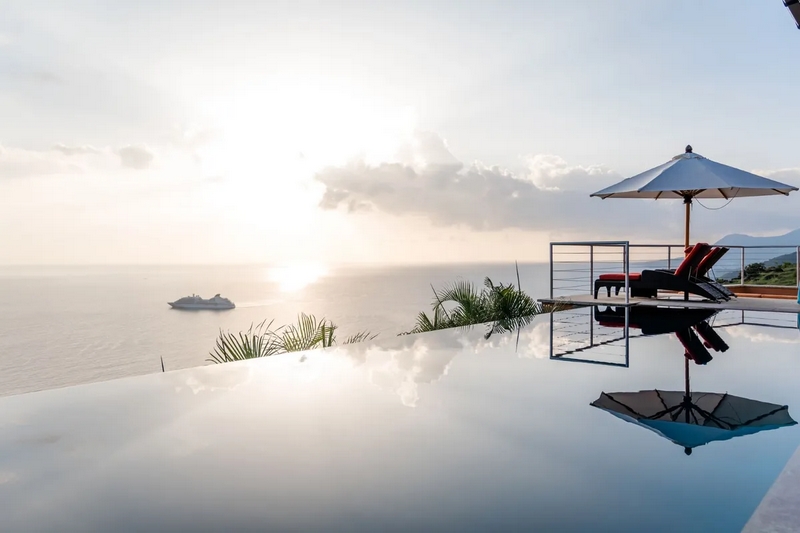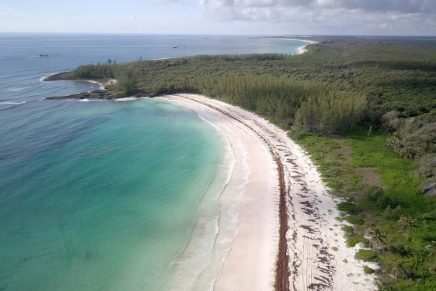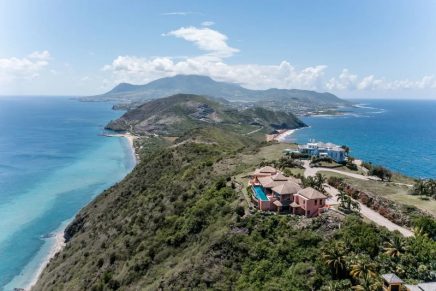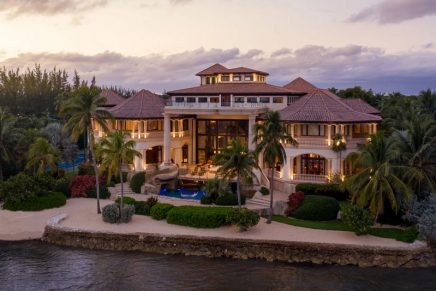Bahamas, Cayman Islands, Hong Kong, Malta, St. Kitts & Nevis, Singapore, and Switzerland are top tax havens offering benefits like tax reduction, friendly tax laws, privacy, convenience, and asset protection for high-net-worth individuals.
Sotheby’s International Realty Second Annual Luxury Trend Report for the Year revealed luxury real estate trends. The new report identified the trends likely to shape the world’s prime housing markets in 2022. The comprehensive report offers insight into the high-end real estate industry as the starts-and-stops of the pandemic’s reopening fueled even stronger demand and inventory struggled to keep pace.
These are The Most Promising Tax Havens On The Planet, according to Sotheby’s International Realty.
Top Tax Havens 2022: Bahamas
There’s no income tax, capital-gains tax, or inheritance tax in the commonwealth, though there is a value-added tax on goods and services. To qualify for annual residency, buyers must live in or lease a property for at least 12 months. Permanent residency is granted to those who buy a residential property of US$750,000 or more and those who make commercial investments.
“We have families who purchase a home and establish residency as a means of saving on home-country taxes and preserving their wealth for future generations,” says George Damianos, chief executive officer, Damianos Sotheby’s International Realty.
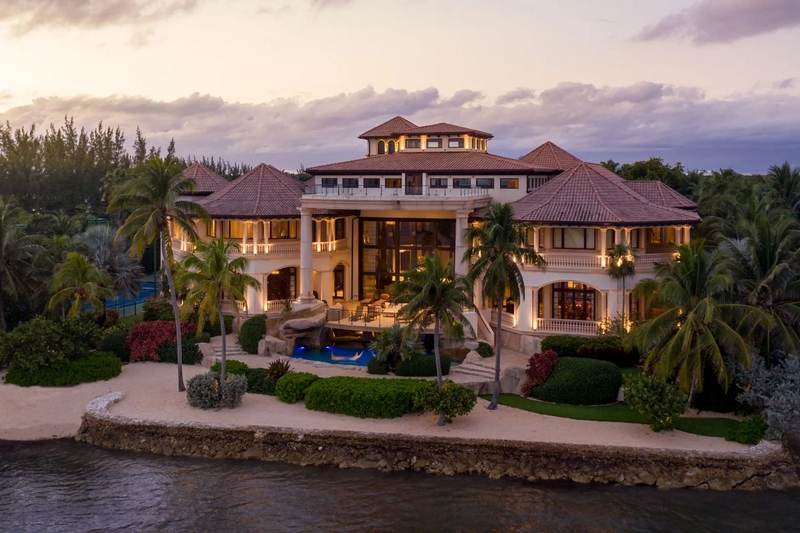
Castillo Caribe, 560 South Sound Rd South Sound, Grand Cayman, Cayman Islands; @Sotheby’s International Realty
Tax Havens 2022: Cayman Islands
These three Caribbean islands are tax-neutral: There is no tax on income, capital gains, sales, or property. There is, however, a 7.5% stamp-tax duty levied on property transactions; the amount is determined by the purchase price or the market price, whichever is higher.
“We are head and shoulders above all others that offer a tax-neutral environment within which to operate, because of the robust regulatory framework that is in place to ensure compliance with onshore regulatory requirements, and also because we have such a high level of professionalism and compliance within our financial services, real estate, and other industries,” says Sheena Conolly, CEO/broker owner, Cayman Islands Sotheby’s International Realty.
As an added incentive, a Global Citizens Programme gives individuals with a minimum annual income of US$100,000 the opportunity to live and work on the islands for two years. Global Citizens are required to live a minimum of 90 days on the islands each year.
Tax Havens 2022: Hong Kong
Although nonresidents are charged a 15% buyers stamp duty on sales of residential properties, there is no capital-gains tax, no dividend tax, no inheritance tax, and no income tax on money earned outside Hong Kong. The duty is significant, though, says Franky Cho, chief operating officer, List Sotheby’s International Realty, Hong Kong, because “it’s one of the priciest property markets in the world.”
Tax Havens 2022: Malta
Non–European Union/European Economic Area nationals and European citizens and their families who obtain special tax status through the Global Residence Programme or the Residence Programme in Malta are taxed at a flat rate of 15% on remitted income. Retirees of all nationalities who have applied for the Malta Retirement Programme are taxed at 15% on their pensions. Senior-level employees with companies licensed by the Malta Financial Services Authority, the Malta Gaming Authority, or the Authority for Transport in Malta are taxed at a flat rate of 15% up to €5 million; any excess income is exempt.
“Malta has been a jurisdiction consistently sought after by individuals looking to set up their personal and professional base within the EU,” says Andres Gutierrez, investment-migration advisor, Malta Sotheby’s International Realty.
Tax Havens 2022: St. Kitts & Nevis
The dual Caribbean islands don’t levy personal income tax, gift tax, death duties, estate tax, inheritance tax, or capital-gains tax, including on worldwide income. Property taxes are just .002%. Lifetime full citizenship, which may be passed down to descendants, is conferred upon those who make a minimum non- refundable contribution of US$150,000 or who buy real estate for at least US$200,000 and hold it for seven years, or for US$400,000, resalable after five years.
“Our tax benefits are ranked highly amongst competing jurisdictions,” says Neil Paine, managing partner, St. Kitts & Nevis Sotheby’s International Realty. “Many would argue that the St. Kitts & Nevis passport, which gives visa-free access to over 140 countries, is, from the standpoint of personal finance, one of the top five most desirable globally.”
Tax Havens 2022: Singapore
There’s no capital-gains tax on property sales, and for residential real estate, under free-trade agreements, nationals and permanent residents of Iceland, Liechtenstein, Norway, and Switzerland, as well as U.S. nationals, pay the same rate of buyer’s stamp duty as citizens of Singapore. Owner-occupied residential properties have lower tax rates. Personal income tax tops out at 22%, the second-lowest of Asian-Pacific countries.

Dully, Vaud, 1195, Switzerland; @sothebysrealty.com
Tax Havens 2022: Switzerland
The country is extremely amenable to negotiating lower taxes for high-net-worth individuals. The income-tax rate is lower than that of neighboring nations, and mortgage loans are tax deductible. High-net-worth individuals have an option of making a low, lump-sum payment on the money held in their Swiss banks in lieu of taxes. The amount of taxes foreigners pay is based on seven times their monthly rent. These policies encourage home buying as well as the taking out of mortgages in order to benefit from generous tax deductions.

